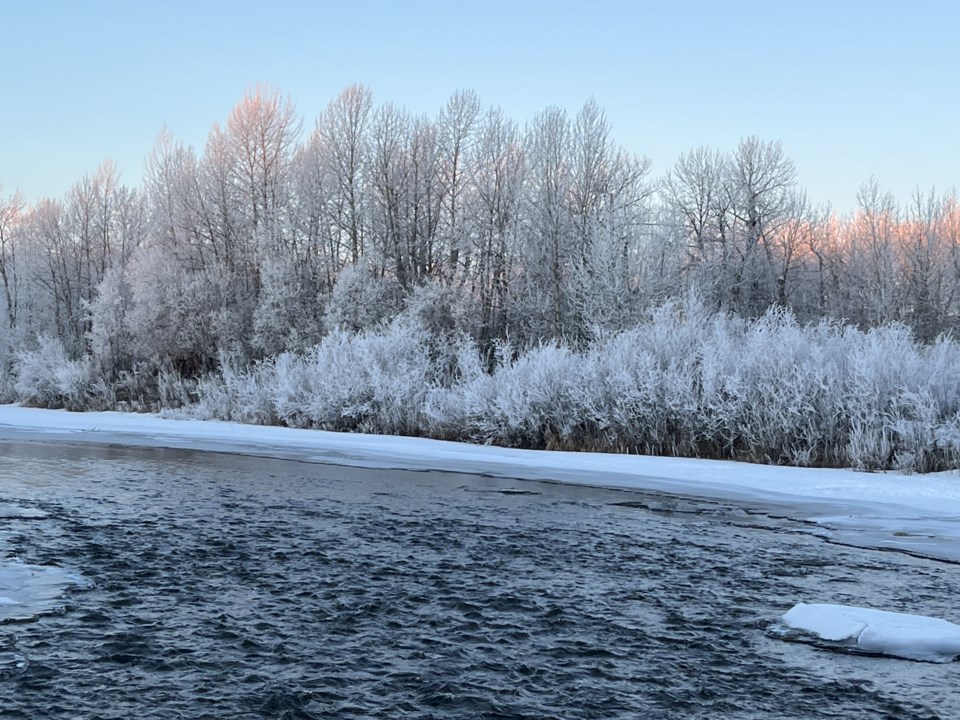You’ve been warned — on many occasions, in fact.
A dry, unseasonably warm winter has its benefits to be sure, but there’s an increasing likelihood we will be paying for it come summertime. Except for a period of unbearable cold in January, much of southern Alberta has experienced weather resembling fall or spring, and while it’s refreshing to wear shorts at this time of year, the short- and long-term implications could be dire.
As temperature records are broken and snowpack levels lag well behind previous norms, the weather patterns are largely associated with El Niño, which can occur every few years, but the changing climate has undoubtedly played a role with recent winters also providing less snow.
Drought conditions throughout Alberta have scientists ringing alarm bells on low river levels and bracing for the likelihood of water restrictions at some point this year.
Those conditions not only influence household use, but also businesses and agricultural needs. When less production occurs in oil and gas and farming – where water is vital – it leads to a price increase with demand remaining high and supply lower than normal.
There are also concerns that because snowy months are critical in mitigating risk, this year’s wildfire season could be problematic, which isn’t good news given 2023 was the worst on record in Canada as more than 6,000 fires burned 18.5 million hectares.
Conservation will undoubtedly become a buzzword as we make our way into spring and summer. In fact, just last week, the Province appointed six community leaders, including Okotoks Mayor Tanya Thorn, to a new water advisory committee that will act as an independent sounding board for Rebecca Schulz, Alberta’s minister of environment and protected areas.
There’s good news in the sense that we still have a few months to plan our collective response, but we all must be aware of what’s coming down the pike.




